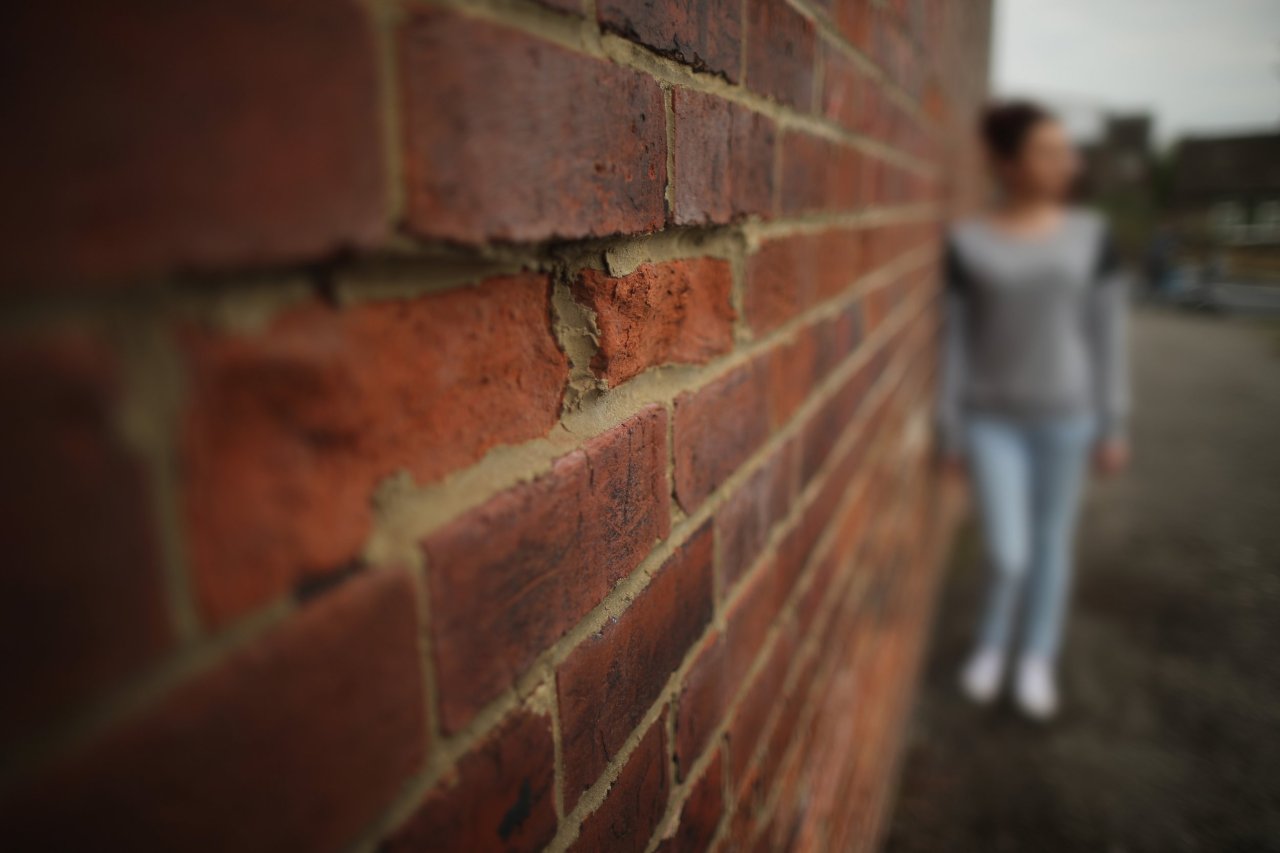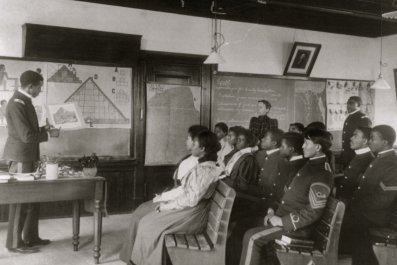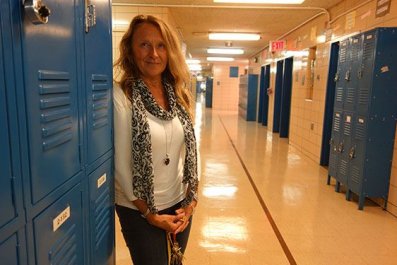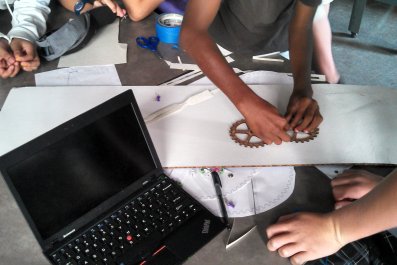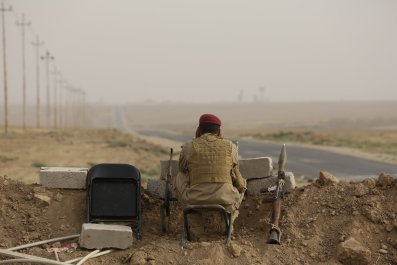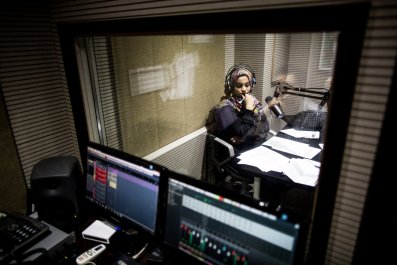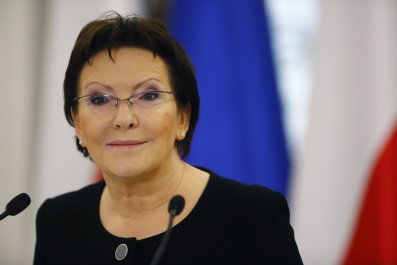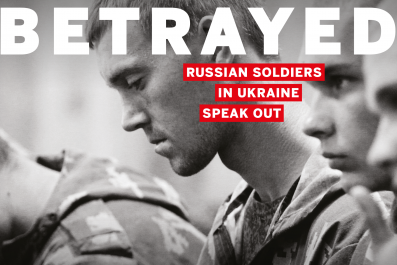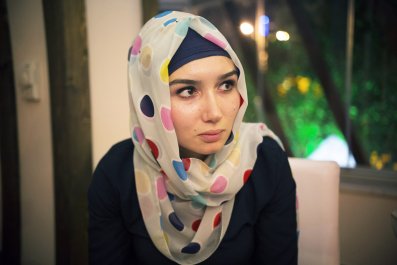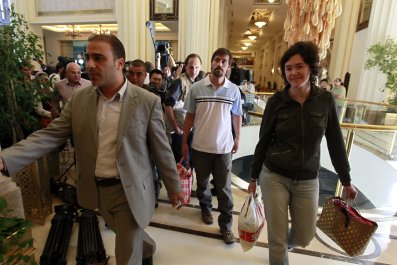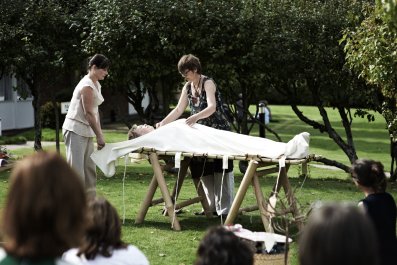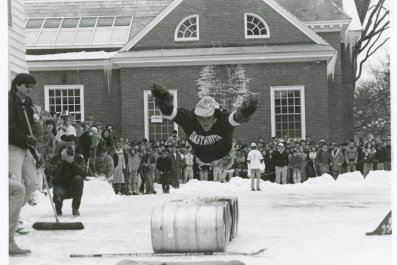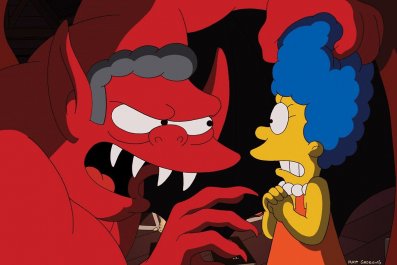A girl in her early teens in Rotherham, groomed and repeatedly gang-raped, tried to escape her abusers. A short time later, she arrived at her family home to find every window smashed. Her brother's legs had been broken.
The abusers' message was simple: there is no escape. But, encouraged by an outreach worker, the girl went to her local police station. In the waiting room she received a text from the gang leader. It said: "I am with your little sister. Your choice." Her sister was 11 years old. The girl told the outreach worker "You can't help me," and returned to her abusers. This was 13 years ago.
The Independent Inquiry into Child Sexual Exploitation in Rotherham, commissioned by Rotherham council and published last month, said at least 1,400 children in Rotherham were sexually exploited from 1997–2013, mainly by men of Pakistani heritage.
It detailed gang rapes, grooming, trafficking and other sexual exploitation on a huge scale and explained that senior council officers, elected members and police officers were aware of the problem for years but did nothing to stop it.
This week, Martin Kimber, Rotherham's council chief executive, resigned and offered a "sincere apology to those who were let down". He follows council leader Roger Stone who also apologised when he resigned on August 27th after the report described the "macho", "sexist" and "bullying" culture in Rotherham council.
Meanwhile, Shaun Wright, South Yorkshire Police and Crime Commissioner, who was in charge of children's services in Rotherham from 2005–2010, has so far resisted calls to resign, as the police service he represents begins an independent inquiry into its own failings.
The Rotherham Report and others like it persistently show how thousands of vulnerable children have been sent hundreds of miles away from where they grew up and deposited in care homes from which they feel compelled to run away, only to escape into streets filled with waiting sex offenders. The UK Missing Person's Bureau says that, on average, 10,000 children go missing from care homes in any given year.
One girl, who was in the care of Manchester Social Services, absconded from her privately-run Rochdale children's home 21 times in two months and died of a drugs overdose in 2003 after being used for sex by older men, who paid her in alcohol, cocaine and heroin. The girl had previously reported being raped.
Cases of organised Child Sexual Exploitation (CSE) involving thousands of children have been recently uncovered in London, Telford, Blackpool, Leeds, Croydon, Portsmouth, Bradford, Oxford, Derby, Burnley, Kingston, Keighley, Stockport, Peterborough and Blackburn.
In the second quarter of 2014, Parents Against Child Exploitation (PACE), a small charity that helps parents whose children are victims of CSE gangs, received referrals from 15 different counties across the UK. Researchers have also uncovered reports that were not acted upon dating back more than 50 years, including an organised ring that targeted Manchester care homes in 1952 and Bradford in 1991.
The government has yet to set up its own national inquiry into CSE, although Home Secretary Theresa May has said that Communities Secretary Eric Pickles is likely to look at Rotherham Council's failure to deal with criminal allegations because it feared offending the Asian community.
The government is currently struggling to get to grips with another scandal, following claims of child sex abuse within political parties, the Church, the BBC, police and security services, as well as allegations that the Home Office covered up allegations of sexual assaults for two decades.
The first high-ranking name May selected to head the inquiry, retired judge Baroness Butler-Sloss, an active member of the House of Lords, stepped down in July, saying she was "not the right person" for the job. This was the result of claims that her brother Sir Michael Havers had intervened three times between 1981 and 1983 to stop the investigation and exposure of establishment paedophiles.
May said she did not regret appointing the peer, adding that she would "not hang around" in naming her successor, with Downing Street confirming it would "take a few days". Two months later, May has named Fiona Woolf, the Lord Mayor of London, to lead the inquiry. But the Mail on Sunday reported that Woolf, a corporate lawyer, has close ties to Leon Brittan, accused of overseeing an alleged establishment cover-up when he was Home Secretary. Brittan is likely to be called to give evidence at Woolf's inquiry. Peter Saunders, chairman of the National Association for People Abused in Childhood, said it was "incredibly inappropriate that she would even be offered the appointment".
The numbers of children allegedly sexually abused in the UK are staggering. According to the NSPCC, almost 40% of all rapes in England and Wales are committed against children under the age of 16. Keir Starmer, Director of Public Prosecutions and head of the Crown Prosecution Service from 2008–2013, says that nine in 10 rapes go unreported. Starmer, who successfully prosecuted a CSE gang in Rochdale in 2010 after the local CPS declined to take the case, is now hoping to become a Labour MP in next year's elections. He has called for the failure of professionals to report allegations of child abuse to be made a criminal offence.
But, he warns: "Change will not come overnight. If anybody thinks this culture change is going to be quick or easy they're mistaken."



